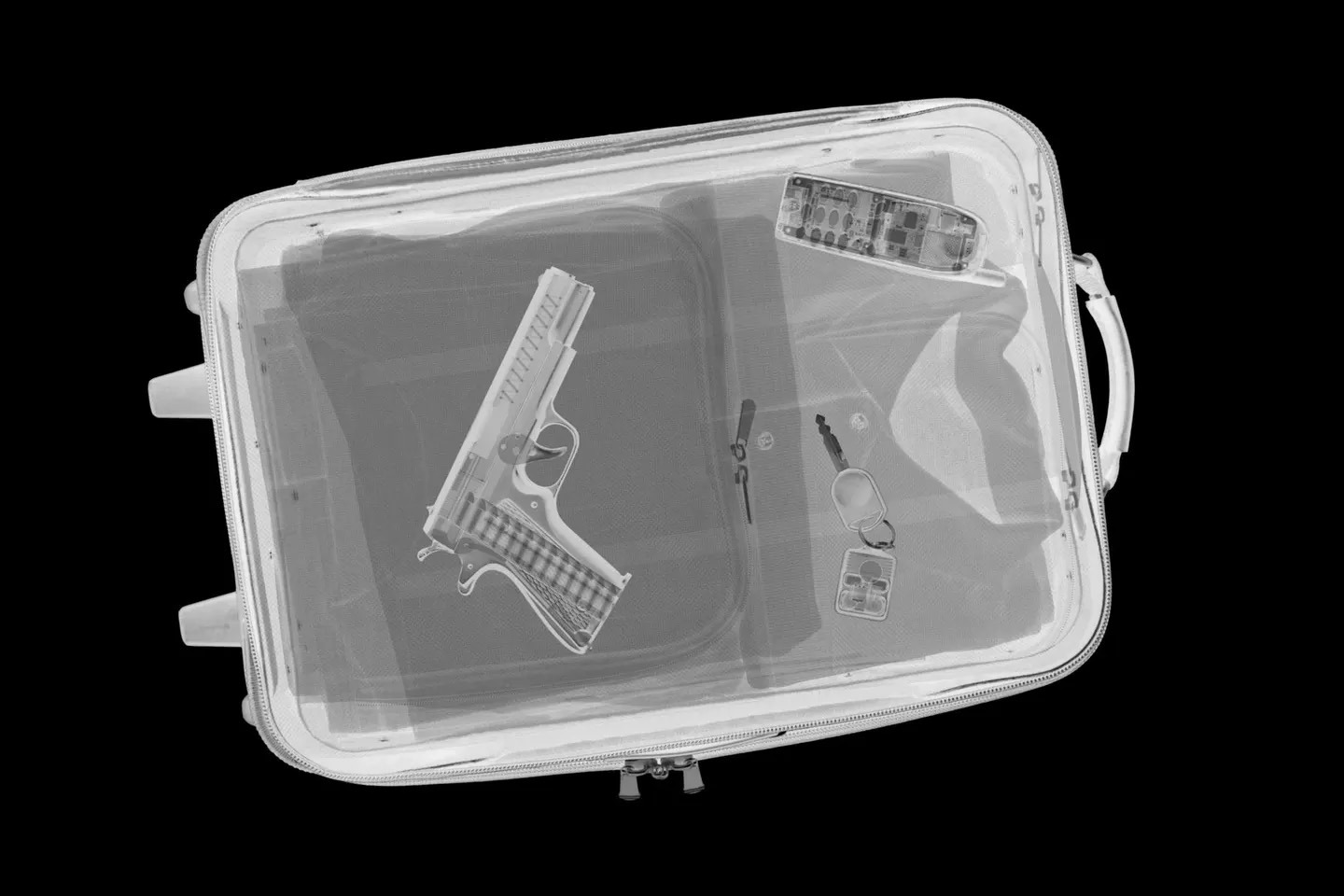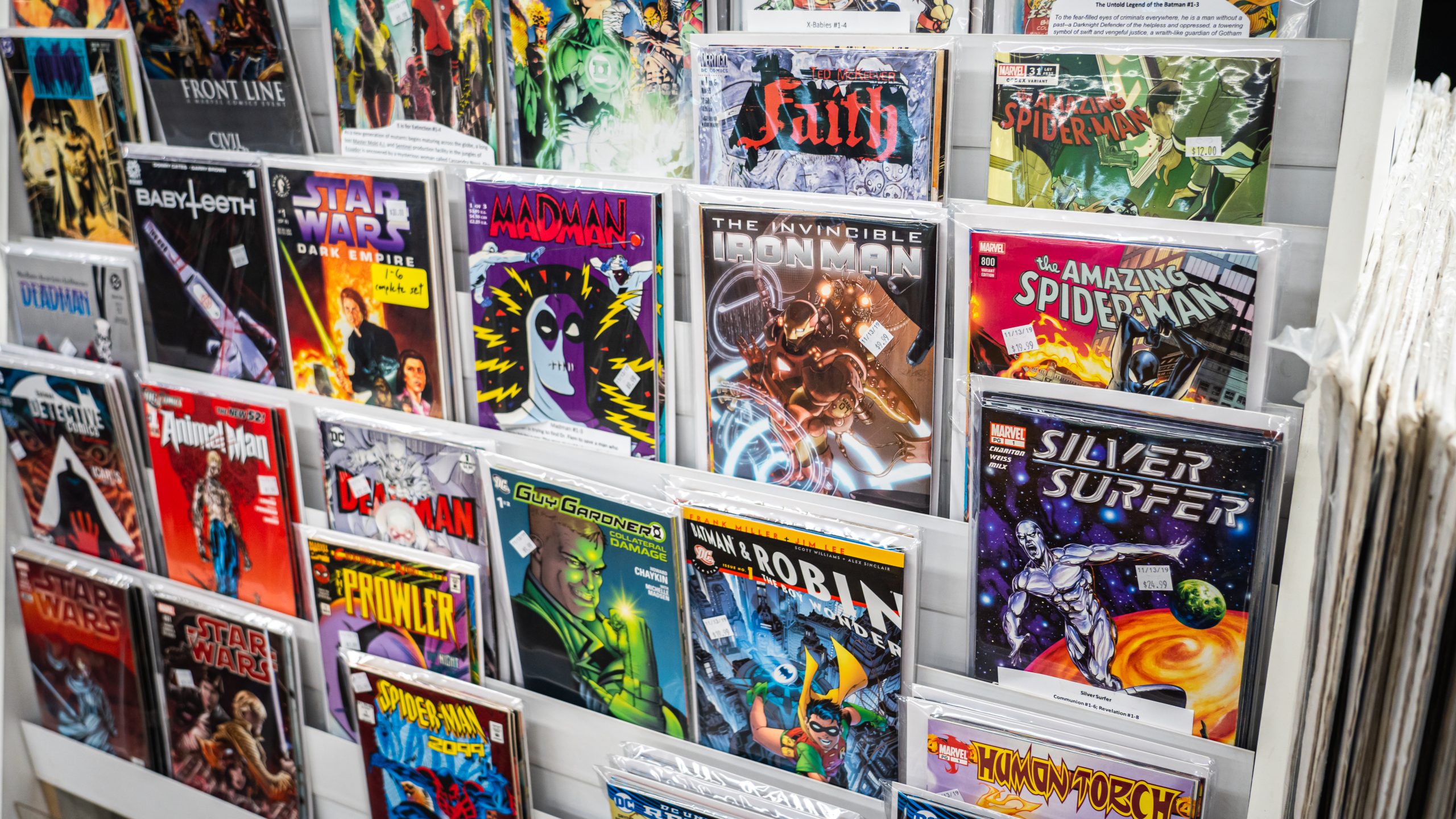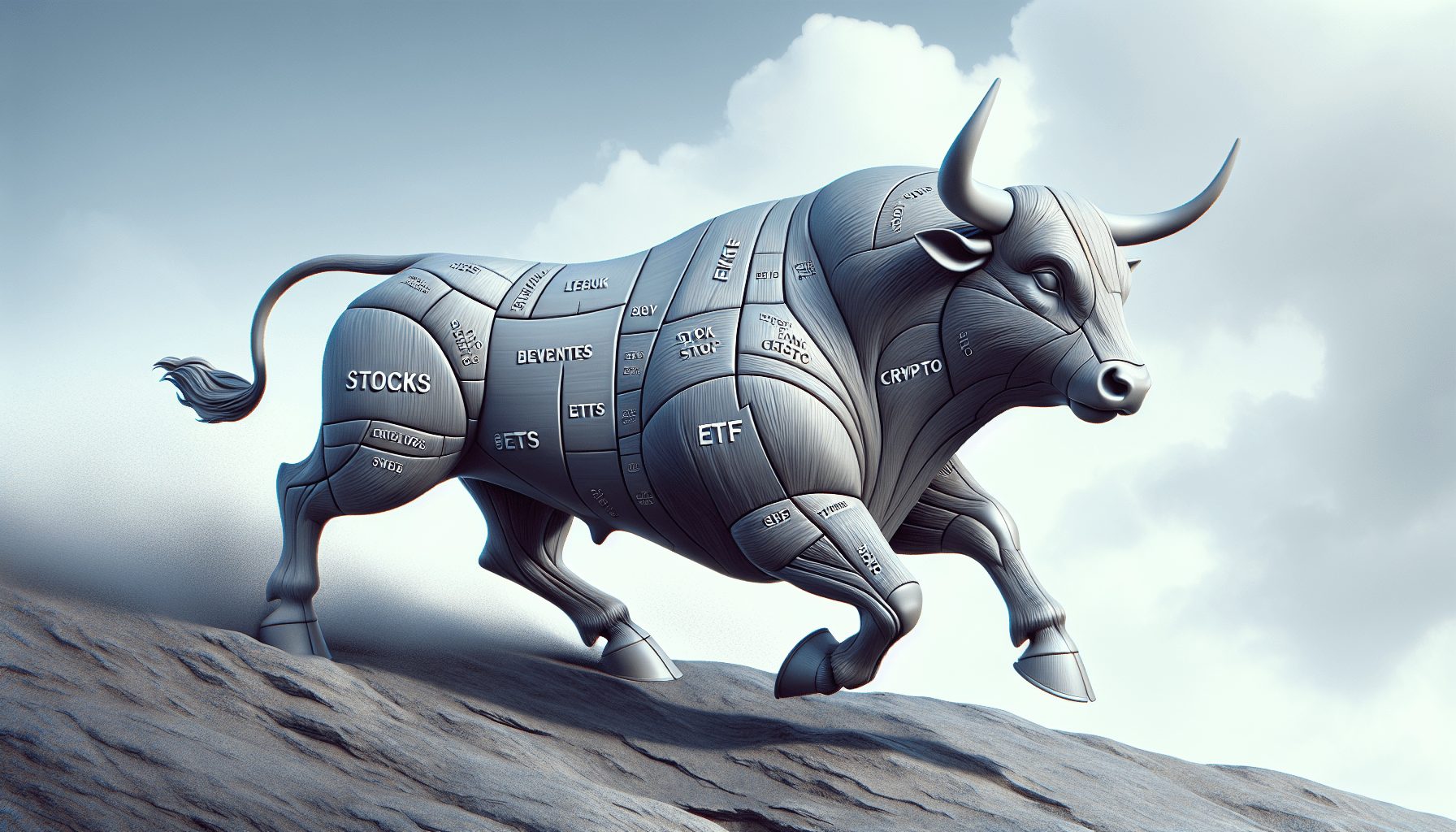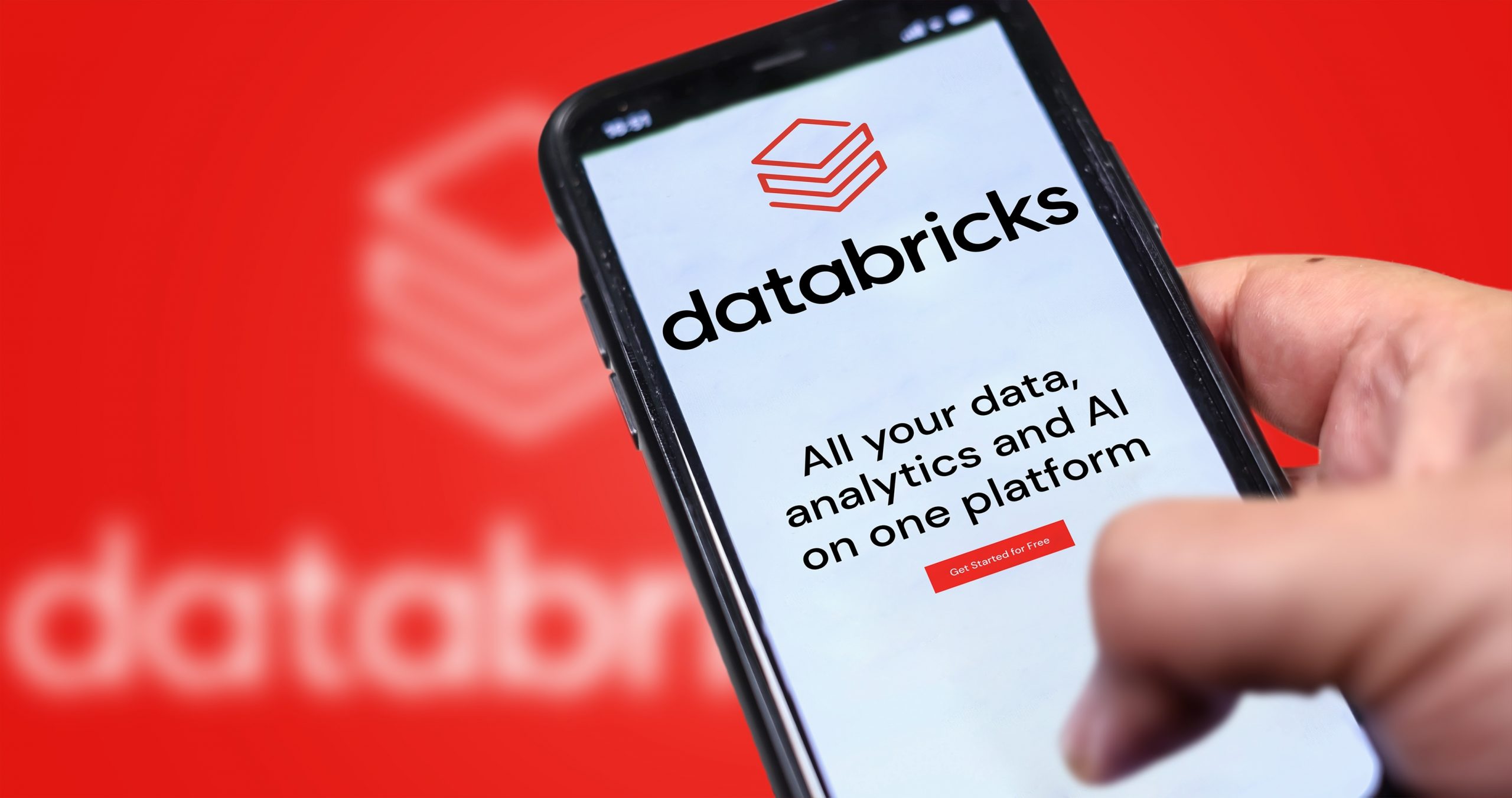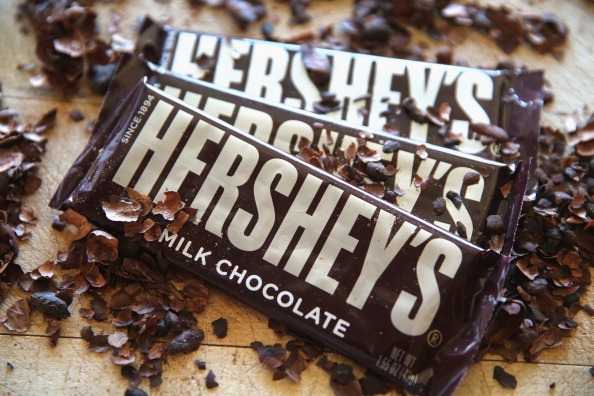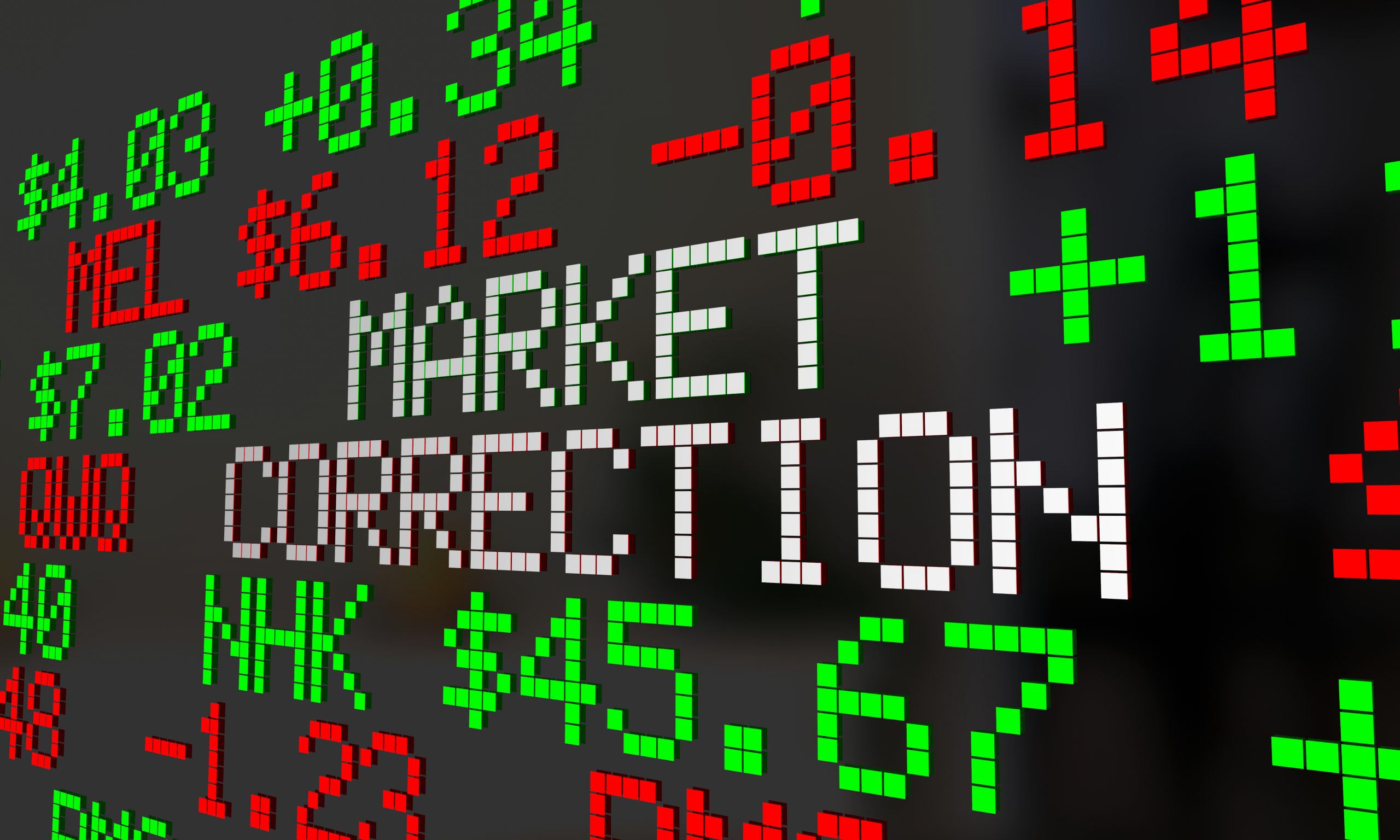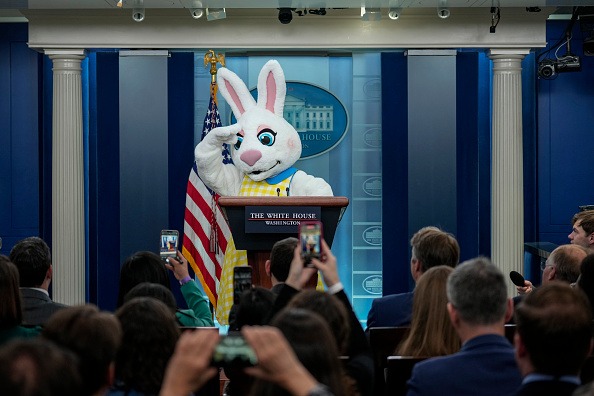In 2022, MATANA is the New FANG
The original “FANG” acronym (Facebook, Amazon, Netflix and Google) was introduced in 2013, but as of 2022, a better representation of the stock market’s leading tech innovators might be “MATANA.”

Back in 2013, Jim Cramer of CNBC‘s Mad Money coined the acronym “FANG”—a reference to four of the stock market’s leading tech innovators.
The original FANG included Facebook (FB), Amazon (AMZN), Netflix (NFLX) and Google (GOOG). Two of those stocks are now known by different names—Meta (META, formerly Facebook) and Alphabet (GOOGL, parent of Google).
Unofficially, the FANG group also expanded at some point to include Apple (AAPL), and was thereafter referred to as “FAANG.”
These days, however, FAANG appears to have lost some luster. With the Nasdaq 100 down over 23% over the last 12 months, much of the tech sector—including FAANG—has taken it on the chin.
META and NFLX have been especially weak over the last 12 months, with both stocks down roughly 59% since September of last year. META appears to be floundering in its transition to a metaverse-focused company, while growth at NFLX has not only fallen off a cliff, but even gone negative.
Meanwhile, other innovators have grabbed the attention of the markets, and arguably stolen a good chunk of FAANG’s former thunder. The emergence of Tesla (TSLA) serves as one good example.
Along those lines, Nvidia (NVDA)—which has become well-known for its sophisticated graphics processing units (GPUs)—is right up there with Tesla in terms of cutting-edge technological innovation.
To better reflect the current market landscape, one well-known investor—Ray Wang—has proposed a new grouping of market leaders. That acronym—”MATANA”—features some additions and subtractions to the original FAANG. Wang is a founder at Constellation Research and serves as the Principal Analyst.
Notably, MATANA pulls in Microsoft (MSFT), Nvidia and Tesla, while excluding Meta and Netflix. MATANA therefore includes Microsoft, Apple, Tesla, Alphabet, Nvidia and Amazon.
From Wang’s perspective, it was an oversight to leave Microsoft out of the original FANG. While Microsoft has been around for a long time, Wang argues that its legacy status shouldn’t confuse the modern investor. Microsoft remains a key tech innovator and market leader, which is why Ray Wang included it in MATANA.
In the case of Meta, one could make the case that there’s still time for the company’s pivot to the metaverse to bear fruit. For Netflix, the big question is whether the company can make hay with its plan to offer advertisements. Netflix could also try to bolster its fortunes by licensing its intellectual property—much like Disney (DIS).
Certainly, there’s room for all of them, depending on one’s outlook on the future of the global tech sector. Those believing that META and NFLX belong in the same league as NVDA and TESLA could instead refer to the new acronym as “MMATANNA,” which would together encompass all eight well-known tech titans.
At the end of the day, it appears Wang does have a valid point—time appears to have passed FAANG by. These days, MMATANNA—or however one wants to label the group—is likely a better representation of the leading companies in the U.S. stock market.
To learn more about trading single stocks—like those included in MMATANNA—review this installment of Options Jive on the tastytrade financial network. For daily updates on everything moving the markets, check out TASTYTRADE LIVE—weekdays from 7 a.m. to 4 p.m. CDT.
Sage Anderson is a pseudonym. He’s an experienced trader of equity derivatives and has managed volatility-based portfolios as a former prop trading firm employee. He’s not an employee of Luckbox, tastytrade or any affiliated companies. Readers can direct questions about this blog or other trading-related subjects, to support@luckboxmagazine.com.

